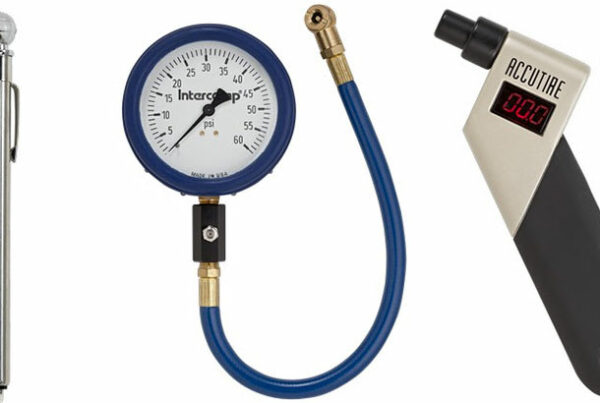When an employee becomes injured, there can be a lot of uncertainty surrounding both the employee and the employer. The employee may have concerns about their income and when they’ll be able to return to work. Likewise, the employer may have concerns about how long the employee will be out and how they’ll meet business demands in the meantime. Thus, it’s important to establish good communication between employer and injured employee early on in the Workers’ Compensation process to help ensure cooperation throughout recovery.
When establishing communication with an injured employee, it’s important to identify the most appropriate person in your organization to maintain contact with the worker. Ideally this should be someone the injured worker has a level of trust and rapport with. Once established, it’s important for the contact persons to speak with empathy and trust. Remember that this employee is in a position that they may never have been in before. More than likely, they have little knowledge on Workers’ Compensation benefits and are preoccupied by the pain they’re in or the concerns surrounding their job and financial security.
When preparing to speak with an injured employee; review the following tips:
• Invite the employee to company gatherings they may be able to attend. • Remain positive while speaking to the employee without placing blame on them about the injury. • Reassure the worker that their job is safe and encourage their focus on recovery. • Listen to any concerns raised and address them properly. • Ask you worker when they feel they could return to work and discuss suitable duties available. • Tell your worker you look forward to their return. • Listen to any concerns raised and address them properly.
Make it a priority to contact the employee as soon as you are aware of the incurred injury and be sure to maintain regular contact throughout the rehabilitation process. This will help let the employee know they are valued and are not in danger of losing their job. It’s essential to actively listen to what they are saying and be attuned to their feelings without engaging in a combative discussion. By explaining the Workers’ Compensation process up-front, it will help prevent litigation. This in turn can reduce the costs of the claim as well as improve the likelihood of a prompt and successful return to work. However, be careful of contacting the worker too frequently as this action could be perceived as prying or even as a pressure tactic for their early return





